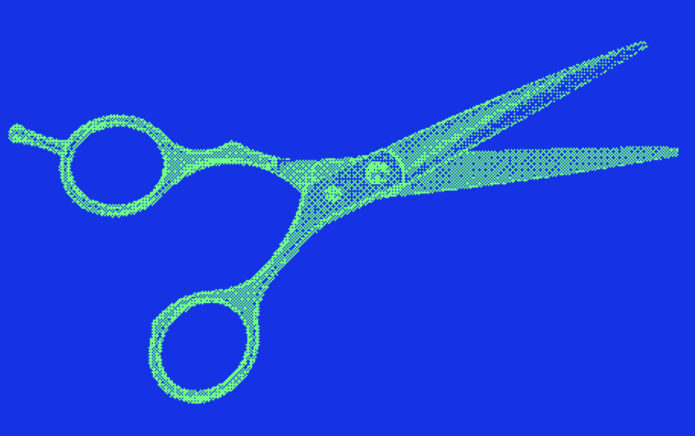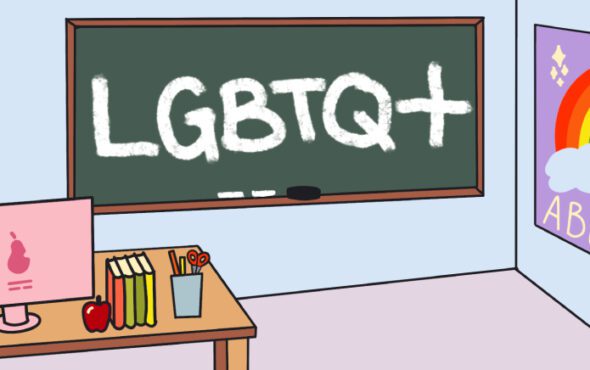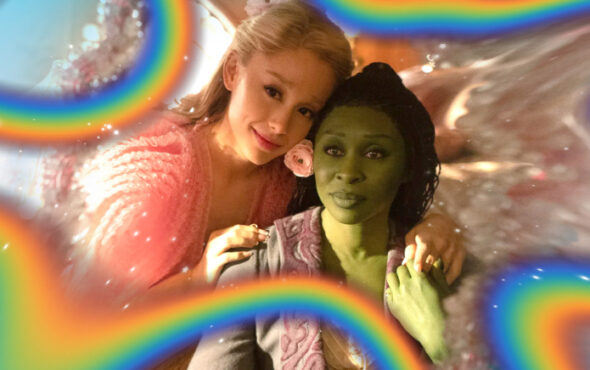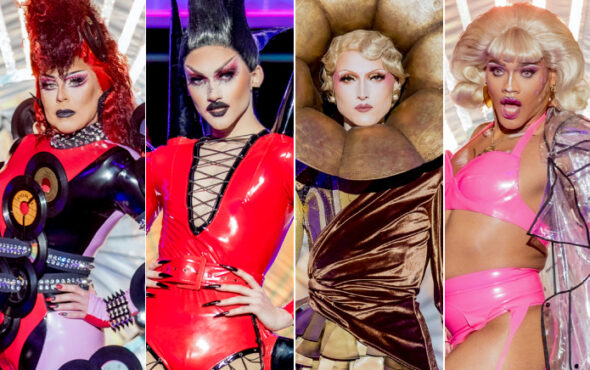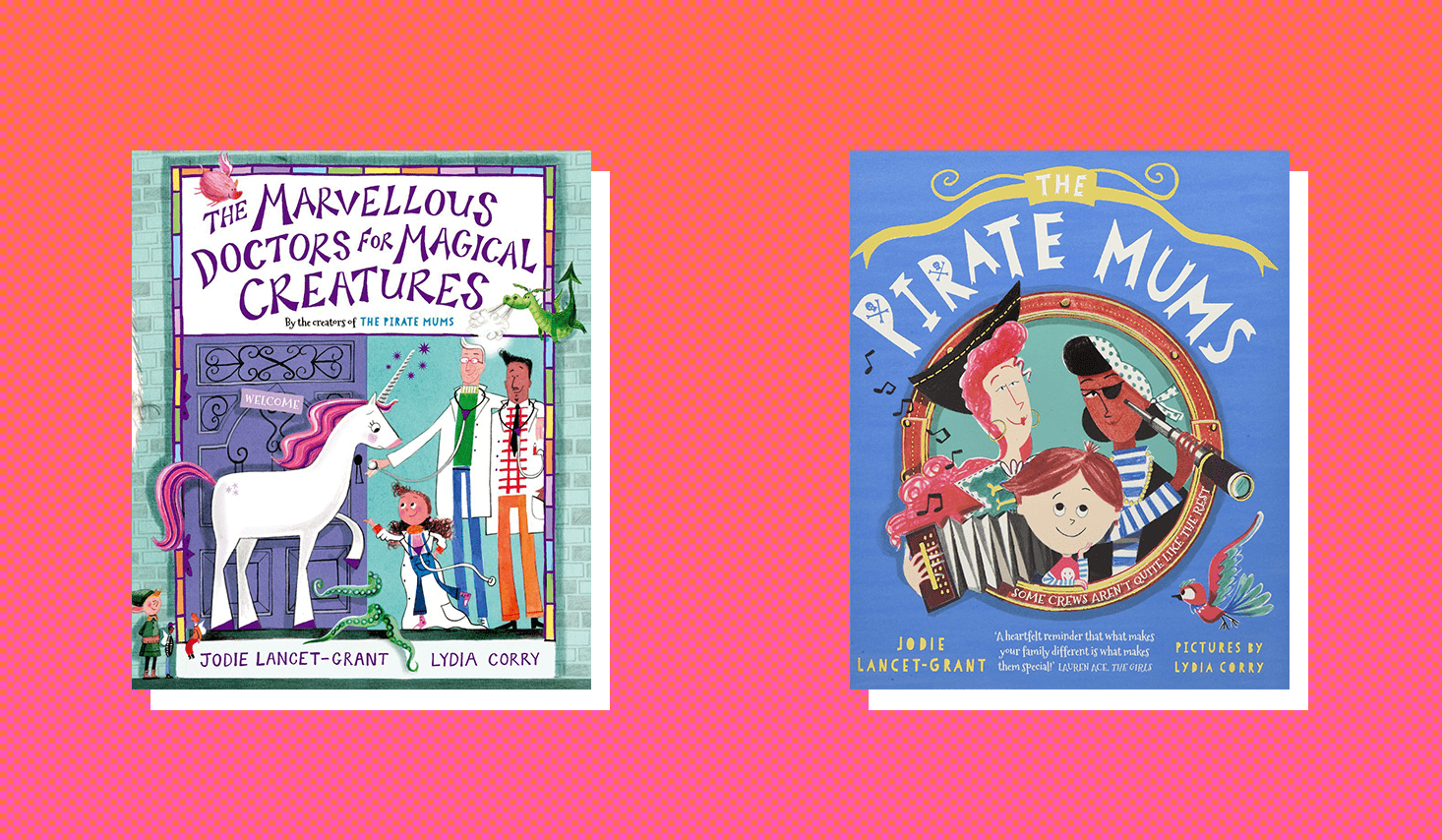
My twin daughters were still at nursery when they went on the playdate that broke my heart.
It was a warm summer afternoon, and they were playing happily with their friend whilst the friend’s mum and I drank tea and made the kind of small talk we both hoped might lead to proper friendship one day. Our kids had brought some dolls out to the garden and were tenderly tucking them into toy buggies. The cuteness factor was extremely high.
“These are twins,” declared one of my girls, pointing to the prams. “I’ll be mummy.”
Her friend pouted. “It’s my house. I want to be mummy.”
“That’s ok,” shrugged my daughter. “You be the other mummy.’”
“The other mummy?” Her friend was confused. “What’s that? There can’t be another mummy.”
And my daughters’ faces crumpled.
It was around this time they started to realise that our family, having two mums, was a little different to most other people’s. And it was one of many incidents that demonstrates how navigating parenthood as part of a lesbian couple can be a little different than doing it as part of a straight one. Still, there are few situations in which books aren’t my go-to solution, so I was soon browsing online, looking for stories that reflected our family set up.
I was surprised and disheartened by what I found. There were a couple of ‘classic’ titles, which now seemed pretty old-fashioned, and some about how all families are different, but almost nothing which simply featured families with two mums or two dads as part of the story.
I decided to try and change that, and my first book, The Pirate Mums, an LGBTQ+ inclusive picture book, was published by Oxford University Press last June. It was widely reviewed in national media, and became the first ever book starring a two-mum family to be read as a CBeebies bedtime story – by Sue Perkins on Red Nose Day, no less! The follow up, all about a little girl and her two dads, publishes this June.
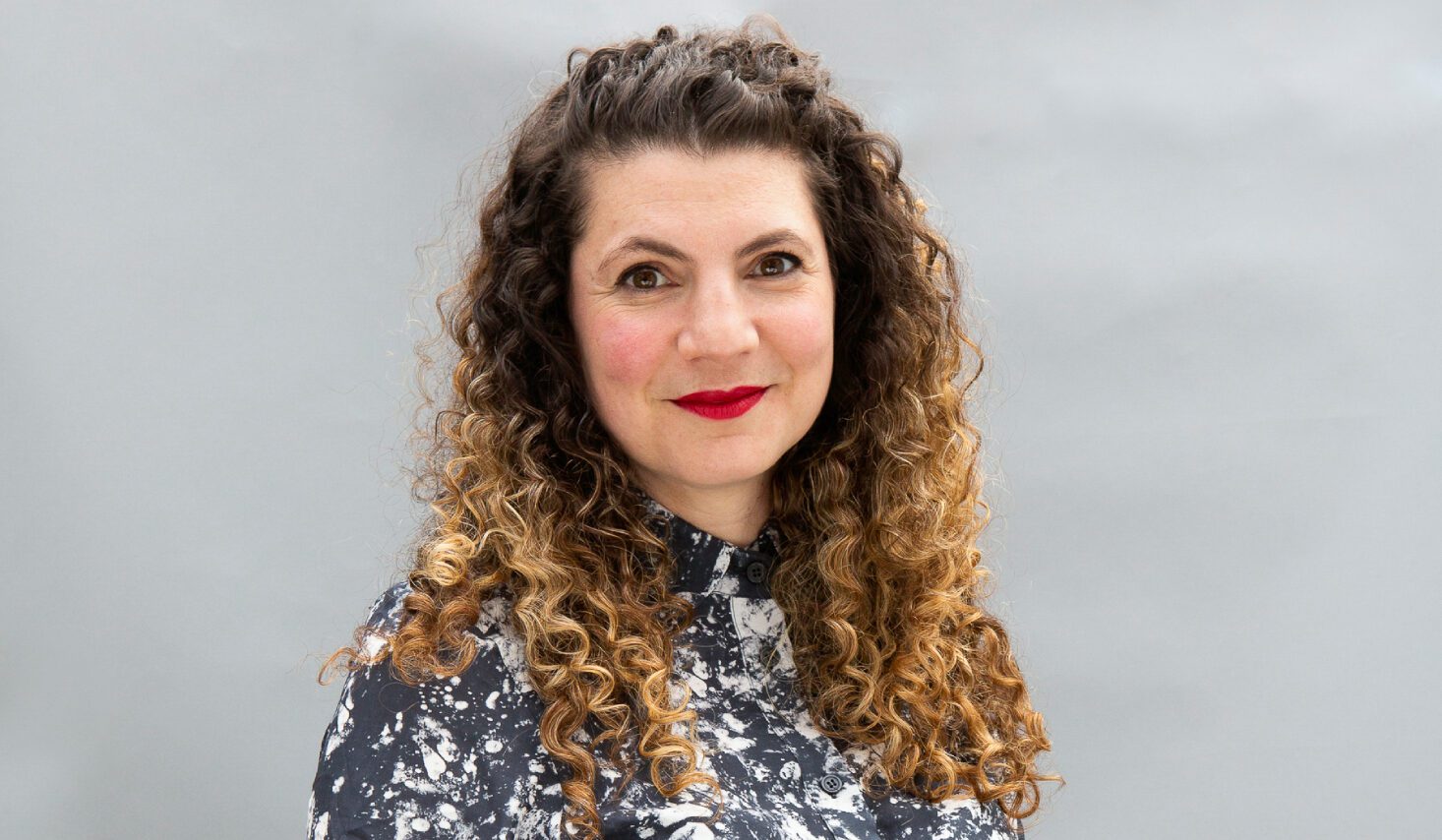
I initially set out to write these books and to campaign for better LGBTQ+ representation in children’s culture, so that kids like mine would see themselves in the stories they read, and know that families like ours are worth writing stories about. But as time has passed, I’ve come to see that this representation is vital for everyone if we’re to create a fair and accepting society. My daughters’ nursery friend wasn’t being homophobic when she negated their family set up. She genuinely didn’t know that children could have two mums.
Now that my girls are both at school, it’s clear to me how big an opportunity educational settings have to change those attitudes. When schools use resources – whether that’s books or lesson materials – that feature LGBTQ+ representation, they not only show children with two mums or two dads that they accept their families, they also show other kids that these families exist.
I believe that we learn our values at a young age, and so children in early years settings seeing loving, gay relationships in the same way they see loving straight ones – the mums and dads they come across constantly in books and discussions of family – we’re teaching everyone that these relationships are just as valid.
So I am delighted to be working with Just Like Us, the LGBTQ+ young people’s charity, this School Diversity Week. Together, we have created educational resources for primary schools that include diverse families, accompanying my new book The Marvellous Doctors for Magical Creatures.
It’s a picture book for kids aged two to seven, and centres on a little girl called Ava and her two dads, who are the first port of call for poorly fairies, dragons, mermaids and centaurs. It’s a story about family, friendship and how there’s more than one way to be a unicorn and Just Like Us are bringing it to life through teacher discussion points about dealing with peer pressure, pride and combatting stereotypes.
It really matters, for people and parents wherever they sit in the LGBTQ+ community or outside of it, that resources used in schools are genuinely inclusive. Because everyone deserves to feel accepted. Everyone deserves to feel they matter. And nobody wants to go on accidentally homophobic, heartbreaking playdates.
School Diversity Week runs 20-24 June this year. Primary and secondary school staff can sign up to take part and access free educational resources.
